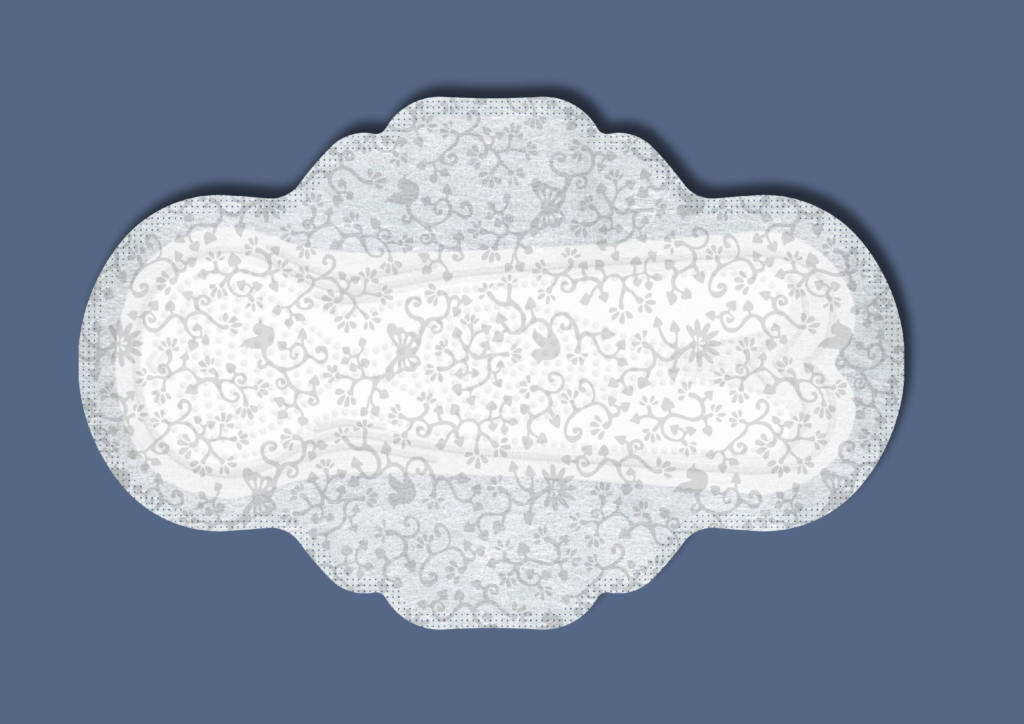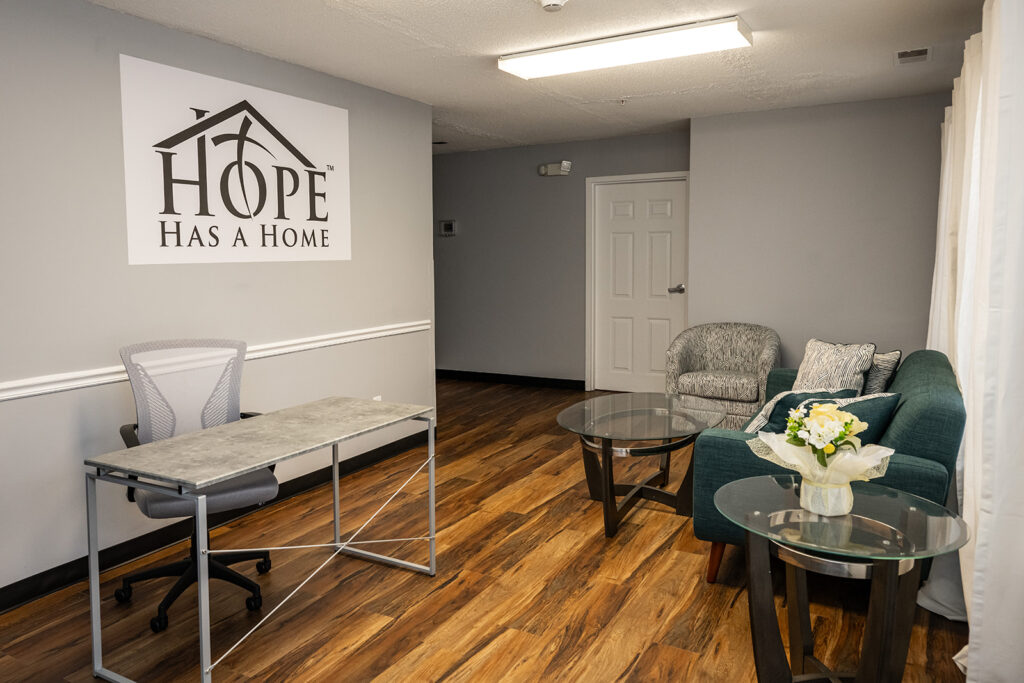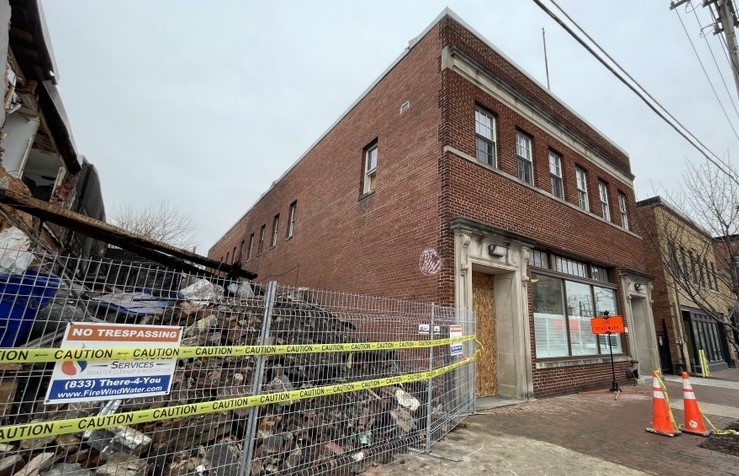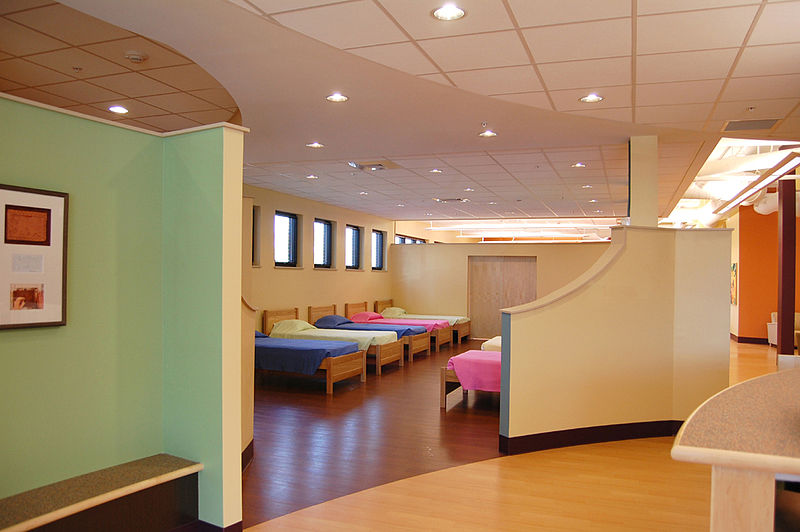Donations of soaps, shampoos and toothbrushes meet the needs of many who experience homelessness, but during a particular time of the month, women need more than these common donations to maintain proper hygiene.
“When you think about homelessness, you think about being unsheltered and about any immediate needs that you can support,” Whitney Parnell, Community Engagement Manager at Capitol Hill Group Ministry,said. “You’re not thinking, ‘Once a month a woman is on her period, so I should be giving pads to organizations for them to give out.’”
Angie Whitehurst, a Street Sense vendor, said that most shelters she has been to have feminine hygiene products, but they run out. When going without an adequate supply of these products, “you learn to do things in different ways, which can be dehumanizing,” Whitehurst said.
Jamila Hogan, an artist who works under the stage name “Jay Mills” works with a coalition of artists, Will Rap 4 Food, providing for the needs of women experiencing homelessness.
Mills was first inspired by a Washington Post article that highlighted the need for toiletries in New Jersey shelters. Then, a friend told her a story that launched her into action.
“There was a young woman who had her cycle for the first time at the shelter, and there were no products for her. That’s what took my breath away,” Mills said. “That’s when I thought, ‘We can’t do this. We can’t ever have someone not having a pad in D.C. It’s uncalled for.’”
Mills researched various homeless shelters in the District and found that most women’s shelters had an adequate supply of feminine hygiene products. However, when she reached out to larger shelters that serve both genders, particularly Thrive DC, she found that female sanitary pads topped the list of the most requested items.
When Mills arrived at Thrive DC, they did not have a specific budget for toiletry items. They provided her with the number of women they served in order to calculate the approximate number of women’s sanitary pads needed per month–roughly 14,000. This helped her establish a fundraising goal of $3,500 a month. The money raised buys sanitary pads, and any excess goes towards deodorants and shampoos which follow on the list of Thrive DC’s needs according to Mills.
Thrive DC’s Volunteer and Communications Coordinator Greg Rockwell said that they tend to get a lot of donations of tampons, but that is not what most women want.
“It’s an expensive product, and it’s such a huge need we have,” Rockwell said regarding sanitary pads. “It’s great to have another partner in reaching out to our community. There are over 8000 people who are homeless in D.C., and we need all the help we can get.”
Mills explained that as a woman, she is able to understand the fluctuation of needs in terms of estimating how many feminine hygiene products a woman uses.
“It doesn’t matter how many women you know, there are just certain things you don’t know unless you’re a woman,” said Mills. “One of these things is how many pads you need for your cycle. The answer’s not simple. It varies.”
Street Sense vendor Sasha Williams explained that having an irregular menstrual cycle has deterred her from wanting to ask for tampons so frequently. The shelter gave her a few products when she first arrived, but because “it’s kind of embarrassing to ask” Williams tries to purchase them herself whenever she can.
“When I go to the store and I have enough money for that box of tampons, I’m so happy,” Williams said.
Whitney Parnell said that though she hopes that women can feel empowered enough to ask for feminine hygiene products, she understands that it can be a difficult and uncomfortable situation.
“Facing homelessness, the compromise of pride that has to come with asking for anything in that certain situation is already something that’s so heart wrenching to think about,” Parnell said. “But menstruating is a very personal experience that women who aren’t in these circumstances already have trouble talking about in society.”
Mills told Street Sense that through the work that she does with WIll Rap 4 Food, she has met other artists who are “committed to the cause.” Will Rap 4 Food’s seasonal service project, “Breaking Bread” once served 3,500 lunches for people experiencing homelessness in one day.
Will Rap 4 Food will participate in an upcoming fundraising event on March 21 that will also include charity vendors selling food, jewelry, books etc. All proceeds will go to Thrive DC’s toiletry fund. The coalition of artists encourages all members to find charities that work hands on with people in need. Through her fundraising efforts at Thrive DC, Mills has learned about many facets of homelessness.
“When you have people who are starving, when there’s not enough food, it’s hard to say we need these other things that are considered a modern day luxury,” Mills said. “Just giving these women pads is something so small in terms of other things that they need.”








